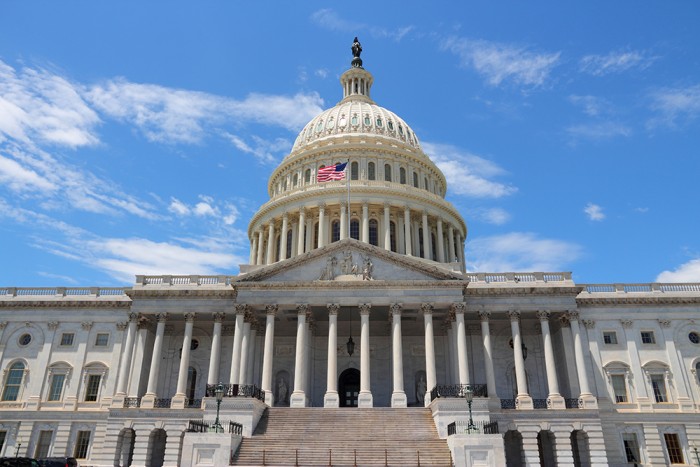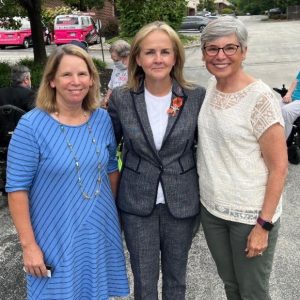The purpose of this bulletin is to provide guidance to the county and private children and youth social service agencies, county mental health/behavioral health programs, early intervention (EI) programs, and managed care organizations on the process for referring children to the county intellectual disability and autism program when a child has a diagnosis of an intellectual disability, developmental disability, and/or autism (ID/DD/A) (information regarding eligibility and diagnostic criteria can be found here) or when it is suspected that a child may have one of these diagnoses.
Referring the child to the county ID/A program can provide eligible children and their families with access to information, services, and supports in the community, as well as assistance with preparing for life’s transitions through childhood into adulthood.
The Department of Human Services (DHS) wants to improve services and supports to all children and their families or legal guardians so that children can grow to adulthood living in a home with loving adults. The Office of Developmental Programs (ODP), the Office of Child Development and Early Learning (OCDEL), the Office of Children, Youth, and Families (OCYF), the Office of Mental Health and Substance Abuse Services (OMHSAS), and the Office of Medical Assistance Programs (OMAP) work closely together to ensure children with ID/DD/A and their families have access to high quality services that support the child’s growth and development. Please visit here for further information about each DHS Office addressed in this bulletin.
During the registration and eligibility process for services, the county ID/A program or TSM provider should offer families information about the Charting the LifeCourse framework and tools that were developed by the UMKC Institute for Human Development, UCEDD.
If stakeholders have any questions about the bulletin, they should send their questions via email.



















